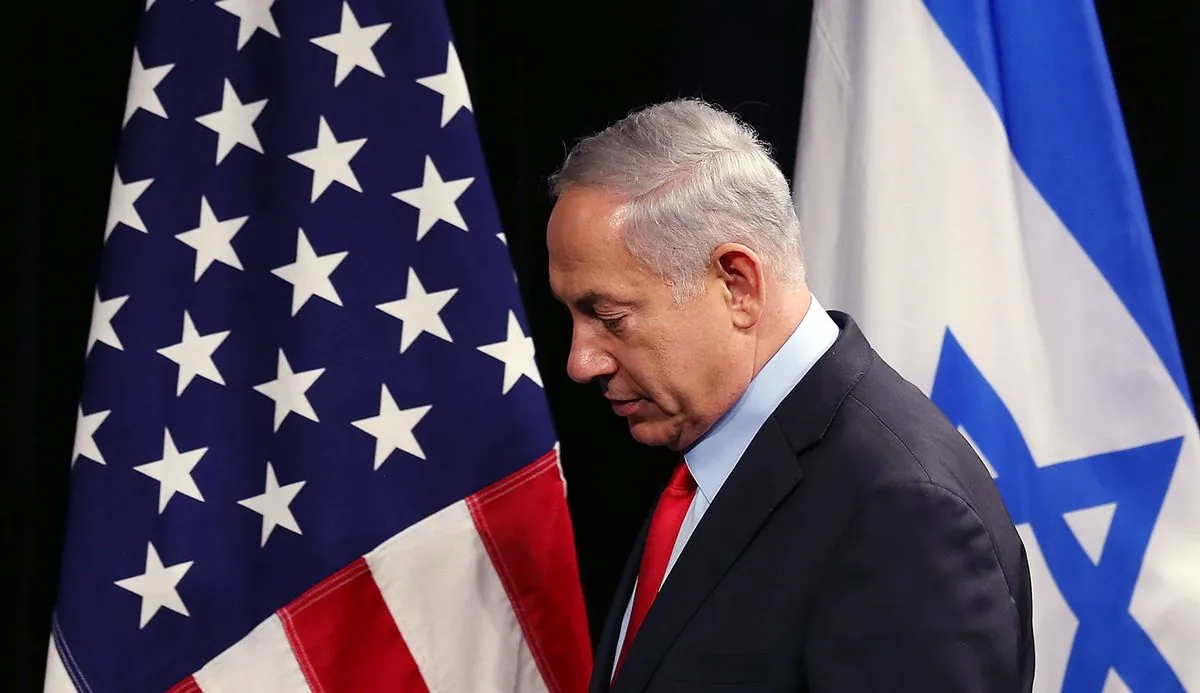Benjamin Netanyahu, Israel's Prime Minister, has rejected a US-backed proposal for a 21-day ceasefire with Hezbollah in Lebanon, intensifying diplomatic tensions between Israel and the United States. This development comes amidst ongoing conflicts in the region, including Israel's operations in Gaza and escalating hostilities along the Israel-Lebanon border.
Netanyahu's dismissal of the ceasefire plan contradicts assertions from Biden administration officials, who claim that Israel was fully informed and had indicated agreement to the proposal. The conflicting narratives have led to a public disagreement between the two allies.
National Security Council spokesman John Kirby emphasized the careful preparation of the ceasefire statement, stating:
"A lot of care and effort was put into that statement, including extensive conversations with senior Israeli officials. We wouldn't have made that statement if we didn't have reason to believe that the conversations that we were having, with the Israelis in particular, were supportive of that goal."
The proposed ceasefire aimed to halt the escalating conflict between Israel and Hezbollah, which has intensified since October 8, 2023. This recent flare-up is part of a long-standing tension that dates back to the 34-day war in 2006.
The ceasefire plan included provisions for Hezbollah's withdrawal north of the Litani River, approximately 18 miles from the Israeli border, as mandated by UN Security Council Resolution 1701 adopted in 2006. This river, the longest in Lebanon at 140 km, has long been a strategic point in the conflict.
The rejection of the ceasefire plan is not solely attributed to Netanyahu. Israel Katz, the Foreign Minister and member of Netanyahu's Likud Party, stated unequivocally that there would be no ceasefire in the north, emphasizing continued efforts against Hezbollah.
Internal political pressures also play a role in Netanyahu's decision. Itamar Ben Gvir, Israel's far-right national security minister, threatened to withdraw support from the government if a ceasefire is implemented, potentially jeopardizing Netanyahu's coalition.
The ongoing conflict has resulted in significant civilian displacement on both sides of the Israel-Lebanon border. In Lebanon, over 70,000 people are officially registered in shelters, with a similar number evacuated from northern Israel since October 2023.
Recent Israeli military actions have included strikes in southern Lebanon and along the Syrian border, targeting Hezbollah infrastructure and personnel. The death toll in Lebanon has risen past 600, according to the Lebanese Ministry of Health.
The situation is further complicated by Hezbollah's dual role as both a military force and a political entity in Lebanon. The group, founded in 1982 during the Lebanese Civil War, holds seats in the Lebanese parliament and exerts control over significant portions of the country.
As tensions escalate, the international community watches closely. The United Nations Interim Force in Lebanon (UNIFIL), present since 1978, continues its peacekeeping efforts along the Blue Line, the UN-established border between Lebanon and Israel.
The rejection of this ceasefire proposal not only impacts the immediate conflict but also has implications for broader regional stability and ongoing efforts to negotiate a ceasefire in Gaza. As the situation develops, the international community remains focused on finding a path to de-escalation and lasting peace in this volatile region.
